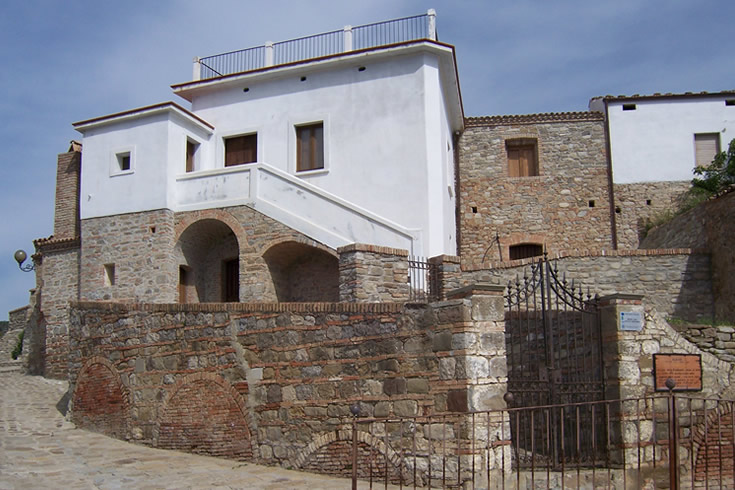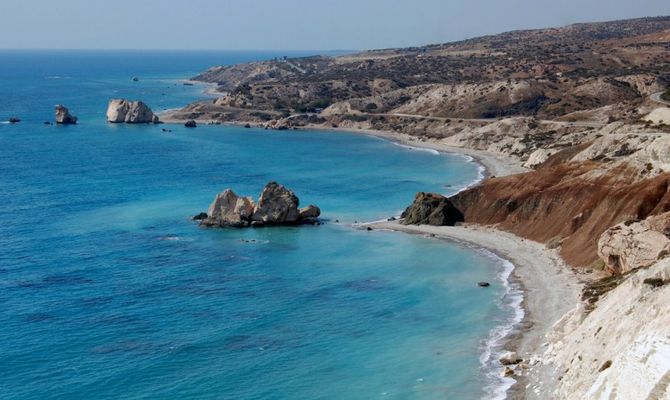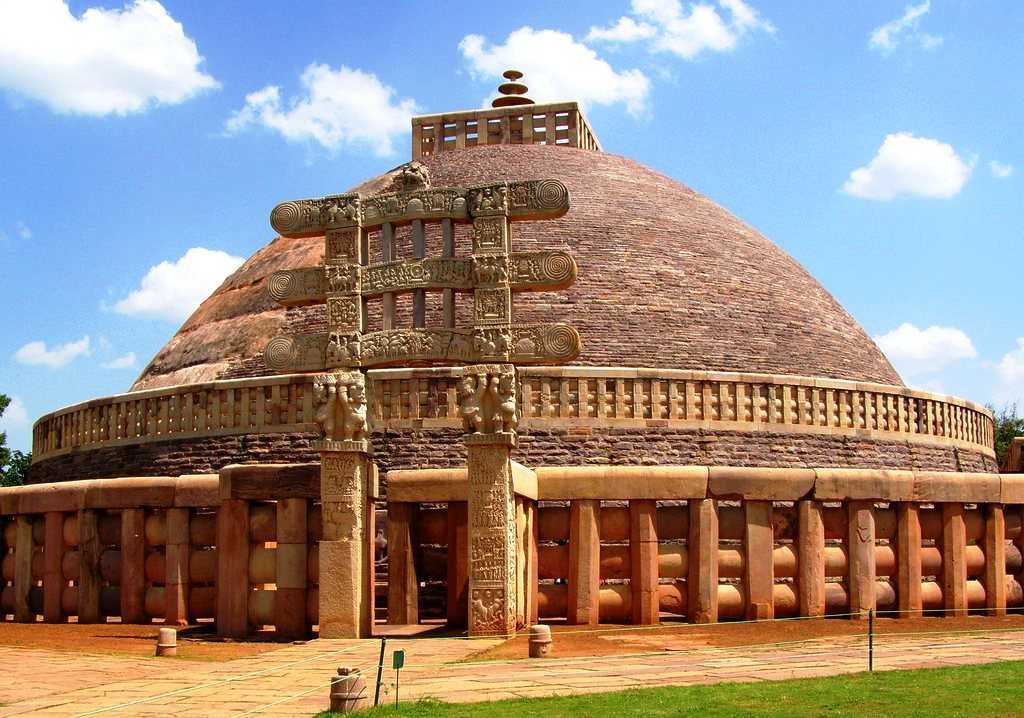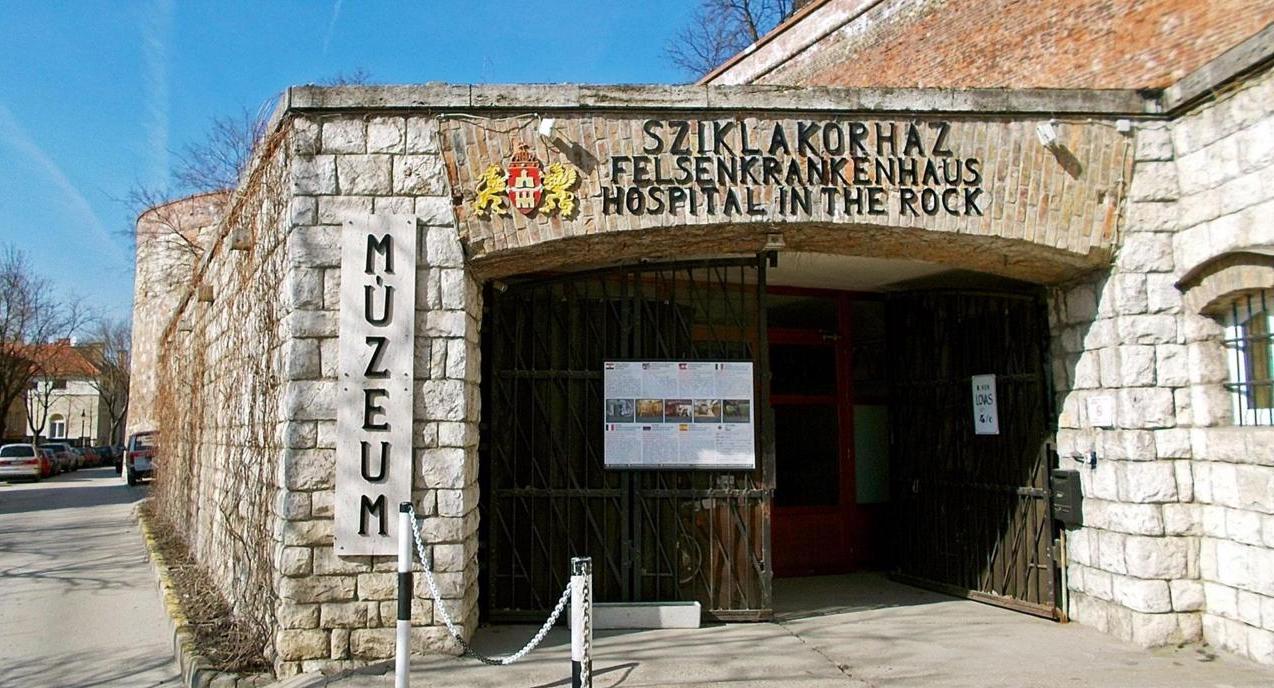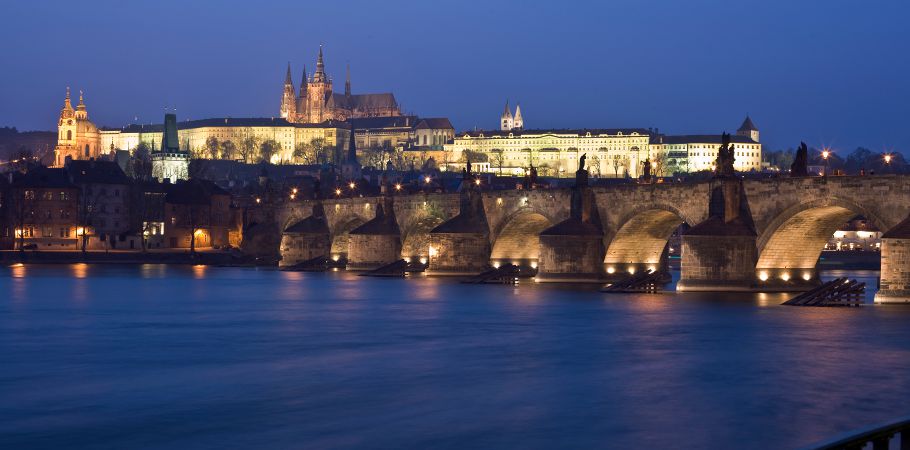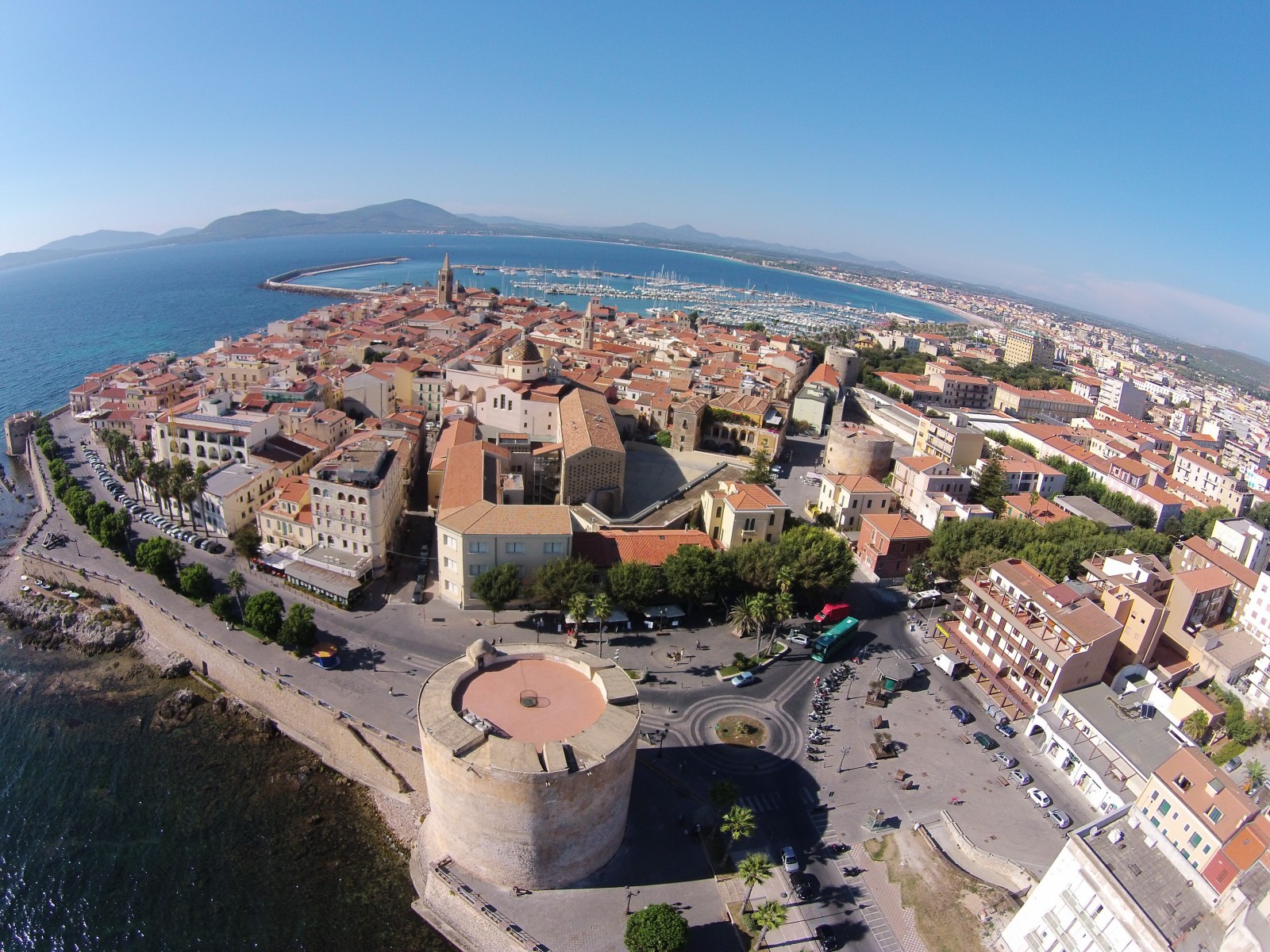Over the years Aliano has increasingly become a place of life and inspiration for the writer Carlo Levi. Houses, narrow streets, as well as landscapes and countryside recounted in the text, become a cultural and environmental heritage to be protected, enhanced and made more and more accessible to visitors through sensory paths aimed at reviving the memory of the man of letters and making people try, taste, feel, touch and observe everything that led the author to write historical pages of literature.
The "Carlo Levi" Literary Park is made up of reception, guided tours, spectacular events, and includes activities, food and wine and crafts, diligently managed and enhanced with the character of continuity, strongly linked to the territory and that have become a landmark in the local cultural scene. All Park initiatives aim to recover and enhance local identity, culture, history and traditions, carry out programs aimed at the dissemination and knowledge of literature, figurative arts and entertainment, promote studies, research, conferences, publications, exhibitions, shows, competitions, literary awards of particular interest.
Tour of Carlo Levi’s house: The house is exactly the same as when it was left by him in 1936. There are no objects, no furnishings; the house has remained completely empty, and it is on this "emptiness" that one wishes to build a strong emotion through which everything imagined becomes alive, real, perceived by the senses; the sense of profound squalor that manifested itself to the Author as soon as he entered the apartment has been maintained and preserved by the newly restored spaces, and so the minimal architectural intervention has produced the maximum symbolic effect around his home, his kitchen, the fireplace, the bedroom, and the panoramic terrace.
No false furnishings, unnecessary false images unresponsive to reality, no artificial objects or environments were created so as not to "sacralize" what objectively does not possess authentic historical value. However, a skillful, effective and evocative multimedia video allows itself to be permeated by the many tourists-travelers who, captured by the narrator’s voice and the scrolling images, flip through the pages of "Christ Stopped at Eboli" with their minds.
So Levi’s dwelling remained bare, enclosed within its whitewashed walls, separated between kitchen and painting studio by doors painted blue, separated in its immense outdoor spaces by small windows painted green.
Visit to Carlo Levi’s Tomb: completely renovated in its architectural appearance, with a belvedere behind denoting the relationship between life and death, as the overlook is toward the house in which Levi lived. A paving stone on which rise two rows of terracotta bricks and a balcony open to the Pollino and the rooftops of the village. With little variation from what was there before the restoration. An intervention that does not disturb much. In the center, a slab of white stone reminds us that there the southern Torinese is buried, to use a happy expression by Gigliola De Donato.
Visit the Pinacoteca: It houses works by Carlo Levi made during his confinement, first in Grassano (MT) and then in Aliano. Hallucinatory and expressive color slips in where shadows should appear and Carlo Levi’s magical painting is born. Of whom lives on in the country not only the memory but the breath.
Levi here is a tutelary deity, a protective god. Inside the aforementioned picture gallery is a collection of historical documentation of Carlo Levi’s confinement.
There are preserved original paintings of , lithographs, historical documents and permanent photographic exhibition inherent to Levi from his birth until his funeral in Aliano.
Visit museum of "Peasant Civilization": where, in addition to being everything related to the ancient procedures of oil production, there are various objects related to the cultivation of the fields, milking of milk, cheese production, the furnishings, a peasant room, with respective bed, cradle and much more, through the visit to this museum you find yourself immersed in the era in which Levi lived with the peasants.
